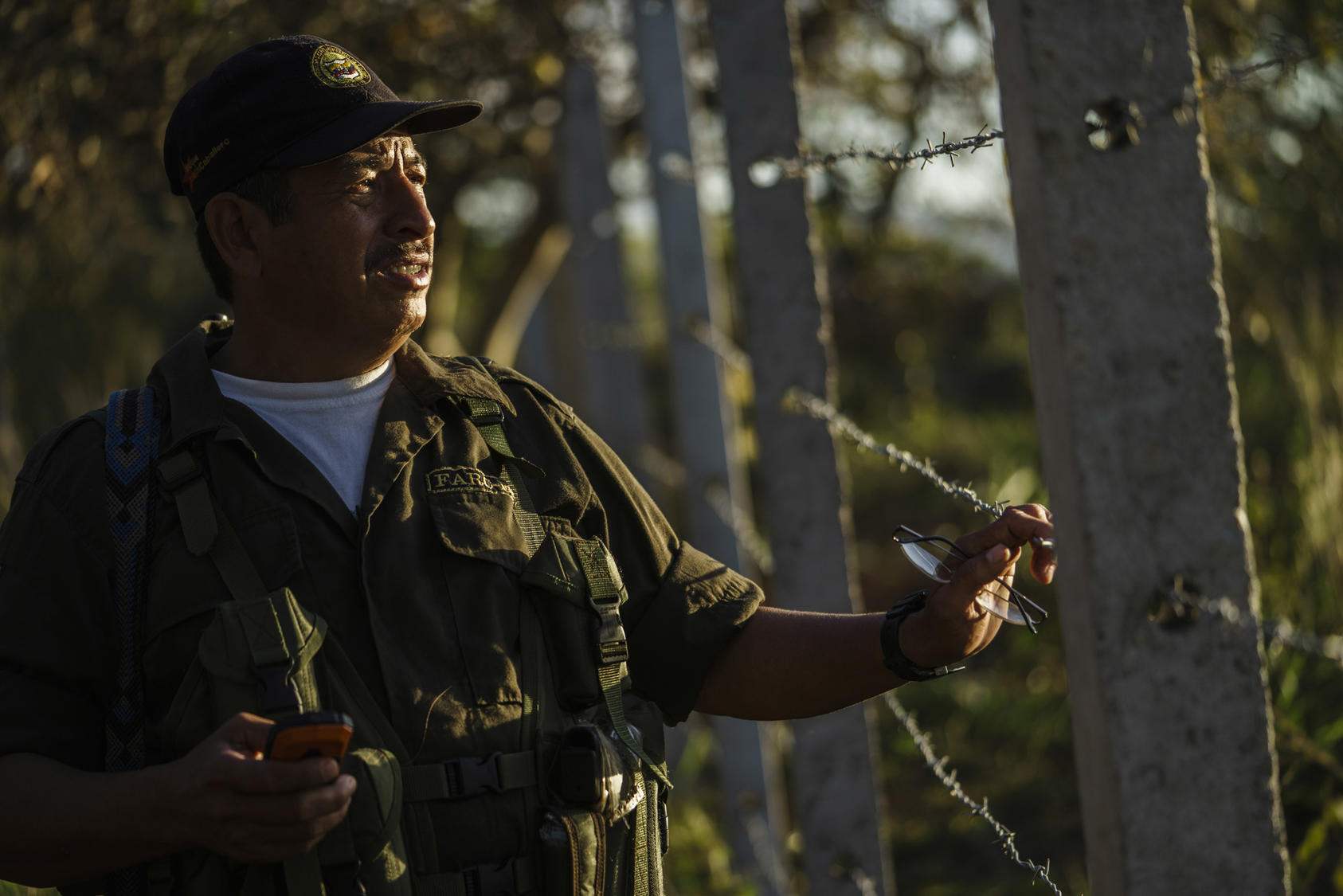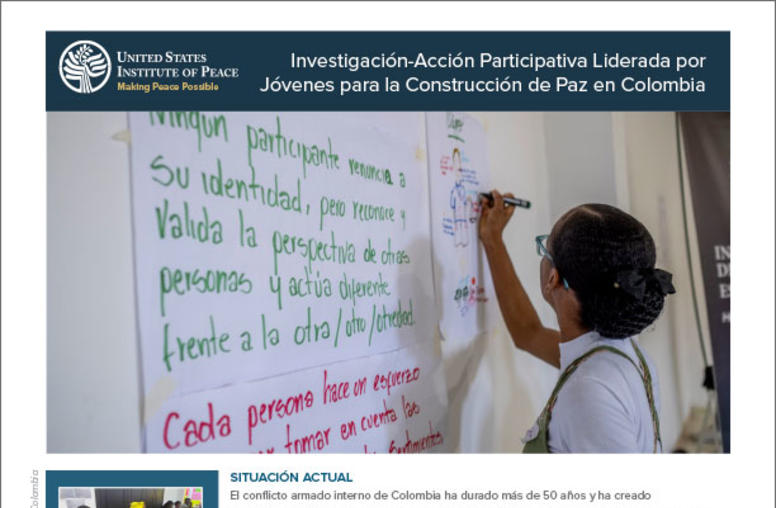One of the successes of the Colombian government’s year-old peace agreement with the FARC rebel group has clearly been disarmament, with fighters having given up more than 8,000 weapons and helping dismantle hundreds of arms caches. But the process to support the more than 10,000 combatants with their transition to civilian livelihoods has been marred by confusion and delays, leading to widespread frustration. Upwards of several thousand ex-combatants have deserted transition camps in recent months to either rejoin their families in an ad-hoc fashion or fill the ranks of dissident factions and criminal groups.

The Colombian government’s traditional approach to the socio-economic reintegration of former rebels who either voluntarily demobilized or deserted armed groups has been largely individual and urban. The FARC has sought instead to develop a jointly-led rural and collective model.
Maintaining internal cohesion is important not only to the movement’s political aspirations and the development of new collective agricultural economic models that the FARC seeks, but also to ensuring a sufficient sense of belonging to deter recruitment by other armed groups or criminal organizations.
The final peace agreement called for the creation of a National Reintegration Council composed of FARC and government representatives to provide overall guidance, timelines and coordination with a FARC-led economic cooperative organization called ECOMUN. The previous state demobilization institution–which the FARC viewed as a government counterinsurgency ploy–has been renamed and is now supposed to include FARC representatives.
As of mid-August, transition camps where fighters disarmed, each with 300 to 500 ex-combatants, became training and reintegration sites. Former rebels were due to have already designed revenue-generating activities there in areas such as agriculture, in order to access individual lump-sum grants that could be pooled through ECOMUN.
Few projects have been proposed, though, as the National Reintegration Council has not developed a clear road map, the new demobilization agency has yet to establish joint technical units with former rebels, and no agricultural land has been made available. FARC leaders, for their part, are wavering about various options of potential private-sector alliances.
The reintegration agency has provided individual financial support to nearly all ex-combatants, but little requisite advice in managing and using the money for individuals who have little experience in the formal economy.
Furthermore, some ex-combatants in the camps are still living in tents, because the government has completed construction of basic infrastructure at only 5 of the 26 transitional camps, even eight months after they were established.
Literacy courses and trainings on cooperative small businesses have reached roughly half of all ex-combatants and been appreciated. But there are no programs geared towards the unique needs of women, the physically or mentally handicapped and minors, according to the government’s Ombudsman for Human Rights.
Special considerations are also lacking for former FARC mid-level commanders, for whom small economic projects – even if effective – do not represent a sufficient enticement to relinquish the power and prestige they previously enjoyed.
Given the FARC’s historical foothold in rural areas, socio-economic reintegration of its combatants will depend more broadly on the comprehensive agrarian reform outlined in the peace agreement. Unfortunately, the implementation of this component is lagging dangerously behind, fueling broader levels of pessimism about the overall implementation process just as Colombia prepares for critical March 2018 legislative elections.


